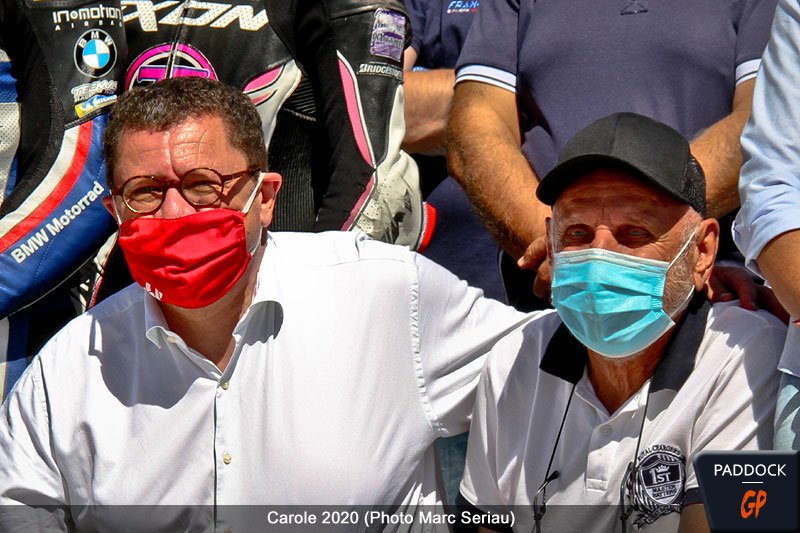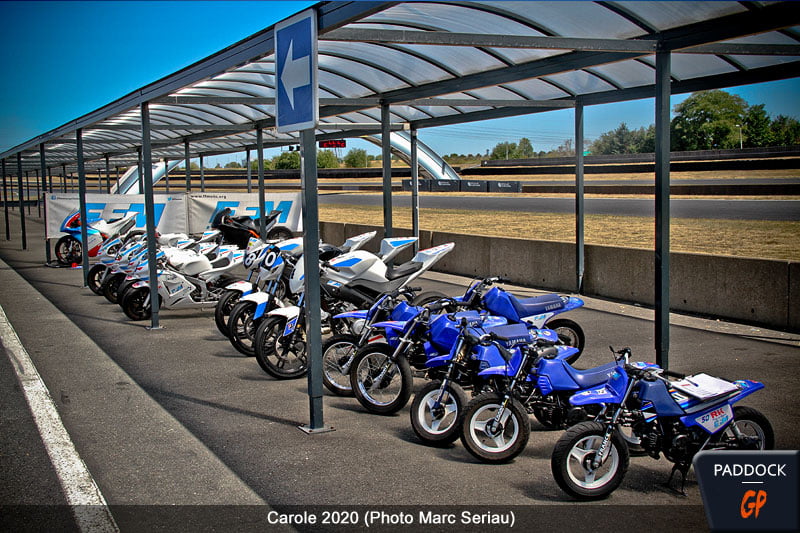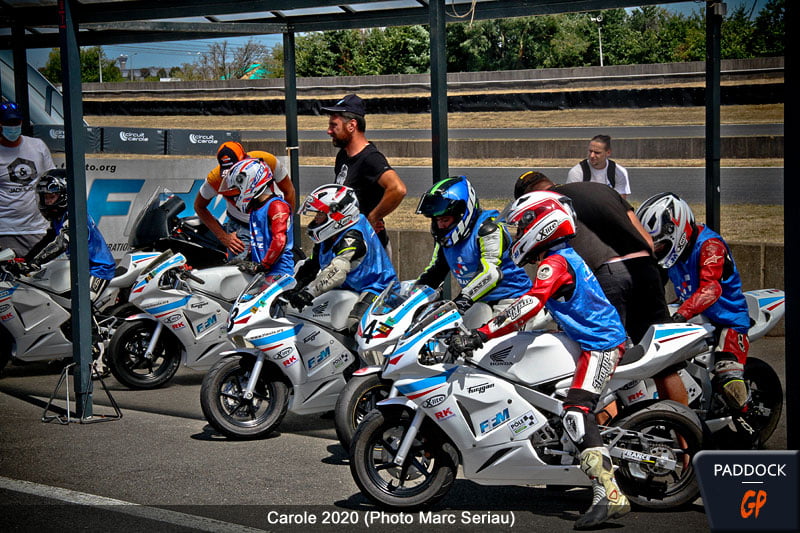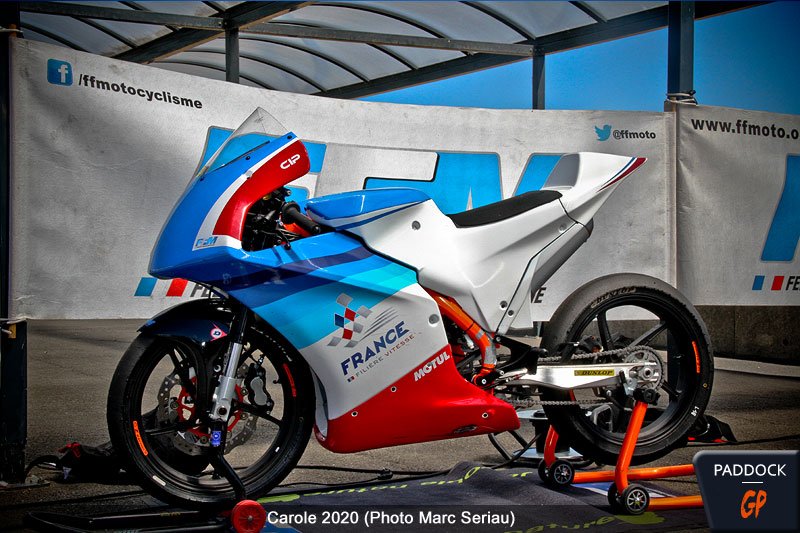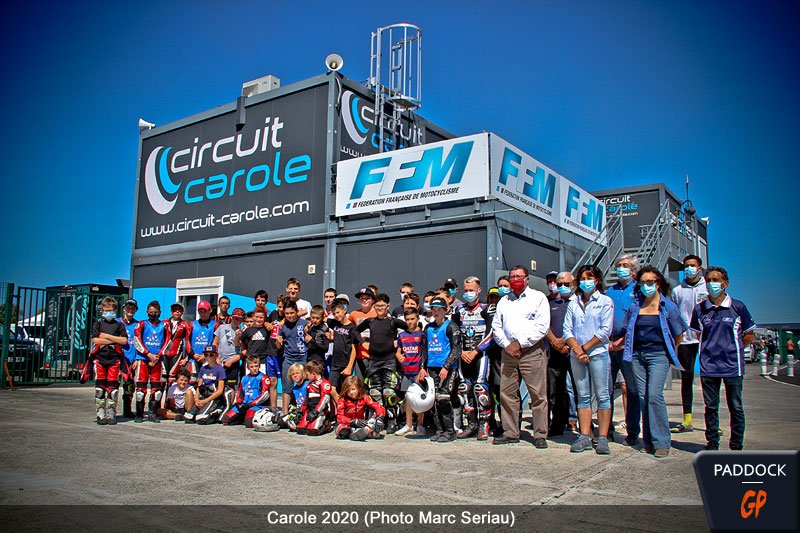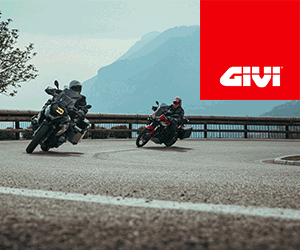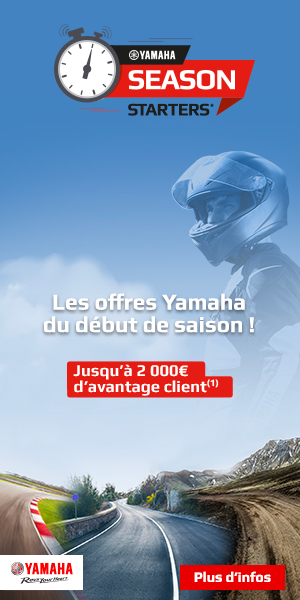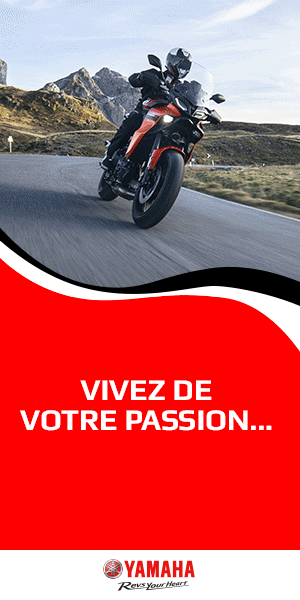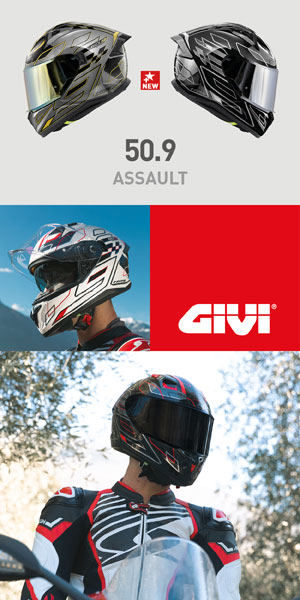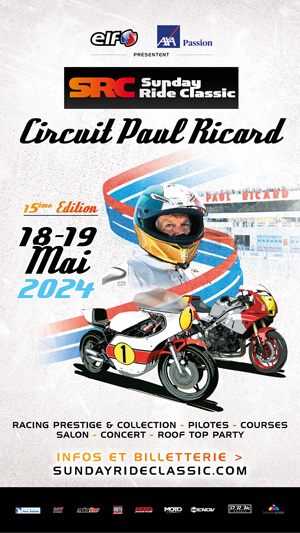During one of the detection days organized by the French Motorcycling Federation At the beginning of August on the Carole circuit, we were able to take stock with Jacques Bolle, its president, on the state of the resumption of competition after the health crisis linked to Covid-19.
The difficulties of MotoGP and Formula 1 have been widely publicized in the specialist media. At the national level, how difficult was it to be able to restart training and then competitions?
Jacques Bolle : " En fait, on n’a eu de cesse de travailler avec l’administration et les pouvoirs publics pour redémarrer le plus tôt possible, parce que, comme partout, il y a des gens qui sont frileux et pour lesquels le principe de précaution doit être primordial, y compris d’ailleurs au sein des acteurs du sport moto ! Parmi les circuits, certains ont préféré attendre avant de ré-ouvrir alors que notre position était “dès que ce n’est plus interdit, on rouvre !”. Et c’est par exemple ce qu’on a fait au circuit Carole où on était un des premiers circuits de France à ouvrir, simplement parce que l’interdiction était tombée. Cela nous a d’ailleurs valu d’avoir des services de police qui ont débarqué, mais comme on leur a démontré que plus rien ne nous interdisait d’ouvrir, ils en ont convenu. Mais c’est vrai que la première réaction de certains a été d’appeler le préfet en lui disant “la Fédération nous dit qu’on peut ouvrir : est-ce que vous êtes d’accord ?”. Or bien souvent, on dit que poser une question à l’administration est le meilleur moyen de faire débuter les problèmes, donc on a eu des préfectures qui ont répondu non alors que le ministère disait le contraire. C’était une des difficultés et on a passé notre temps à jongler là-dessus, comme avec la règle des 10 personnes maximum, car on pouvait parfaitement mettre plusieurs groupes de 10 personnes à l’intérieur d’un circuit à condition qu’ils ne se mélangent pas entre eux. Pendant les mois de mai et juin, il a fallu expliquer ça et c’était souvent un peu compliqué. »
Even if things now seem to be getting back on track, it is probably a little early to take stock of the number of licensees. In this regard, the year 2020 was off to a good start but we can easily imagine that there was a sudden halt. Where are we today?
« There was a sudden stop in mid-March, of course. The training licenses started again, and in a good way, from the moment we reopened the circuits, so from mid-May. Today, in terms of training licenses, we are little behind last year. This is less true when it comes to competition licenses, and for good reason, since competitions have only just restarted a few weeks ago. For the moment, we therefore have a significant delay overall. »
Today we find ourselves at the FFM detection days, therefore really the base of the pyramid, at a time when the news is quickly illuminating the top of it with our two French pilots Fabio Quartararo and Johann Zarco who are 'illustrate brilliantly. Are you proud of this and what is your role in these very high level performances?
« Je rappelle simplement que pendant très longtemps, en tout cas au début des années 2010 et jusqu’aux années 2015, on nous disait qu’on avait beaucoup de pilotes français en Grand Prix, puisqu’à l’époque on en avait 5 ou 6, et que quelques-uns marchaient bien, comme Johann Zarco qui a pris deux titres de champion du monde en Moto2, mais qu’on n’avait personne en MotoGP. Aujourd’hui, je dirais que c’est un petit peu l’inverse : on a deux pilote talentueux en MotoGP, dont un qui peut clairement être champion du monde cette année, mais par contre nous n’avons plus de garçons en Moto3 et en Moto2. C’est donc là-dessus qu’on essaie de travailler, car c’est aujourd’hui que la relève de 2025/2026 se travaille. C’est ce qu’on fait aujourd’hui ici sur le circuit Carole avec les journées détection, et c’est ce qu’on fait aussi avec Claude Michy, avec la structure qu’on a montée en European Talent Cup. C’est un travail de longue haleine qui n’est pas facile. Claude pensait que trouver des jeunes talents était plus facile que ça, mais des jeunes garçons qui ont réellement le potentiel de devenir le Fabio Quartararo de demain ou le Johann Zarco de demain, il n’y en a pas 10 par saison : il n’y en a peut-être même pas un toutes les deux ou trois saisons ! Soyons clairs, on peut aider des garçons qui pourront peut-être accéder en Grands Prix, mais performer réellement en Grands Prix c’est être champion du monde, voire être champion du monde en MotoGP. Je me souviens très bien d’une réflexion que m’avait fait Johann Zarco un jour : “j’ai eu plus de retombées après les six tours que j’ai faits en tête de mon premier Grand Prix MotoGP au Qatar, que pour les deux titres de champion du monde Moto2 obtenus les deux années précédentes”. »
« So we know that today, if we want the major media to talk about motorcycles, it is not by being world champion in Moto3 or Moto2, it is by being in the fight for the MotoGP title. Moreover, we see it today with Fabio Quartararo: Media who usually never call us are starting to contact him or the federation to talk about motorcycles. Having a Frenchman make the front page of the Team two Mondays in a row has never happened! »
With the health crisis, MotoGP rider debriefings now take place by videoconference. There are indeed structures like AFP or CNN which were not necessarily on the circuits before. Can this media coverage also help you find talent?
« I hope so! That said, I often cite the example of tennis. When Yannick Noah won Roland-Garros, more than 30 years ago, the tennis federation made 20 or 30% more the following season. But if a kid wants to play tennis, his parents sign him up for the local club, buy him a pair of sneakers and a tennis racket, and that's it: the kid travels 5 km to go to the club, and has paid €100 investment. This is unfortunately not true at all in motorcycle sport, as we know, and especially in speed. This is also why motocross is more accessible: we have many more participants and licensees in motocross because all the departments have several motocross fields. In speed, for example, if you live in Brest, the first circuit is Le Mans! We are therefore not at all on the same investment as for the kid who wants to play tennis: we are on a heavy investment from the parents. They have to provide financial resources but also human resources, that is to say they have to make themselves available to take the kid to train: you have to leave early in the morning, come back late in the evening, then do the mechanics afterwards. In tennis, we take him and then pick him up at the club, when it's not the municipal bus that takes care of him. »
« So a good performance or a title from Fabio will help us, that's for sure, but to think that we will have a 30% increase in licensees next year, I don't believe it! »
After 12 years, we will reach the end of the year at the end of your last mandate as President of the French Motorcycling Federation. What are you most proud of?
« Listen, I'm going to give an end-of-term conference anyway, so it will then be the time to develop all that. That said, there is of course the repurchase of land, something which was favored by almost everyone. It is an initiative that allows us to safeguard motorcycling activity when it is threatened. When land is in danger of disappearing, we take the place of the owner and offer to buy the land from him, which allows the equipment to continue, with the team who is on site and who continues to manage it. Today, we bought 15 plots of land and I think this is a policy that will continue. Maybe in 10 years, we will have around fifteen more. »
« C’est l’une de mes satisfactions, et l’aide que l’on a apportée aux sportifs en est une autre. La fédération n’avait jamais aidé financièrement les sportifs jusqu’à présent. Aujourd’hui, on les aide, notamment financièrement, ce qui quelquefois leur permet de pouvoir boucler des budgets. Alors bien entendu, on ne prend pas en charge la totalité d’un budget d’un pilote, parce que notamment en vitesse cela coûte très, très cher, mais bien souvent cela permet de le finaliser. Loris Baz avait dit il y a quelques années : “si cette année je peux rouler en Grands Prix, c’est grâce à la fédération et à Claude Michy qui m’ont permis de boucler le budget”. Il est donc arrivé à plusieurs reprises que l’aide de la fédération soit déterminante. »
